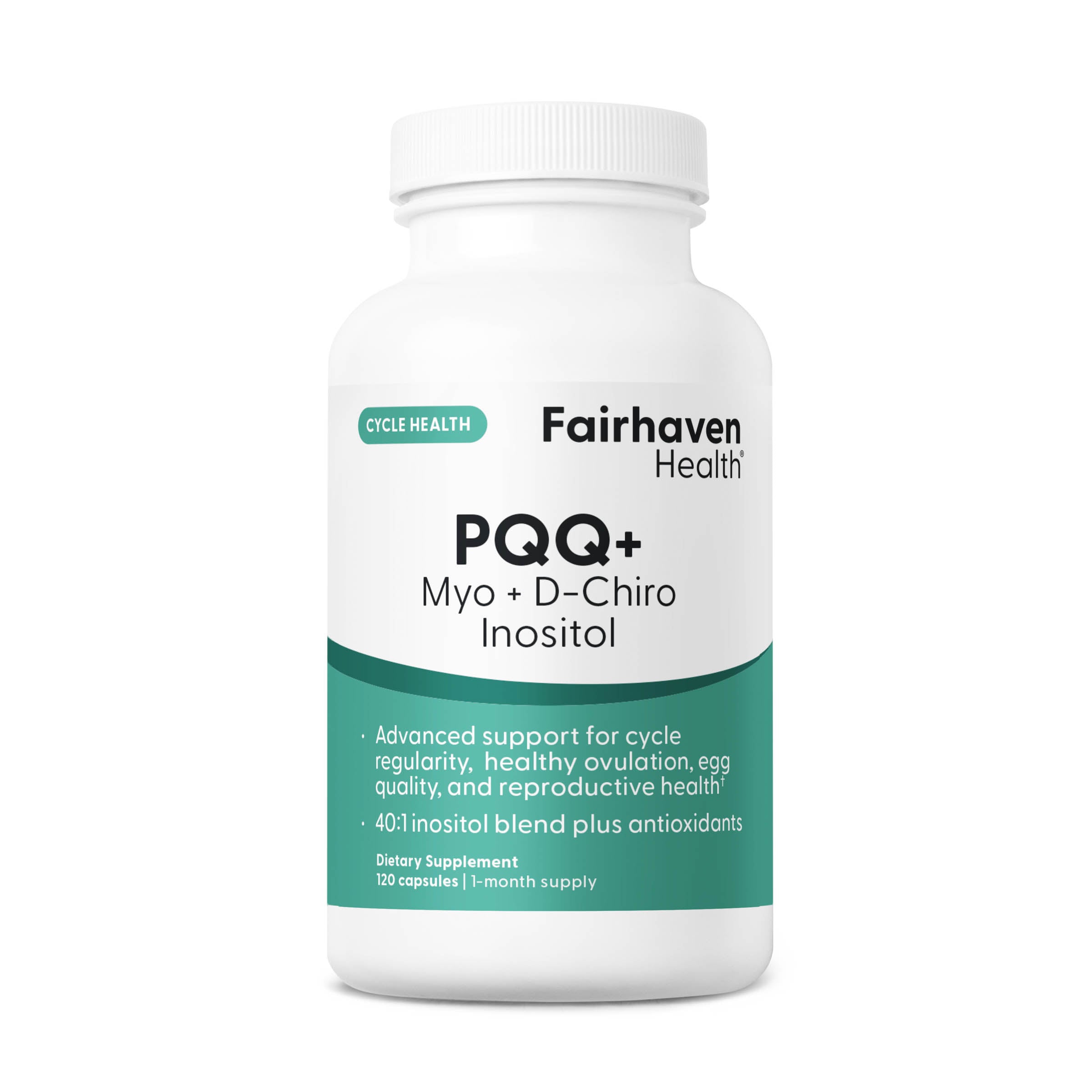Often new moms are concerned about low milk supply. Although this can happen, it is rare. Only about 2-5 percent of women cannot produce enough milk for their babies. However, other things can interfere with milk supply. Your breast milk may decrease if:
- You smoke
- You are taking certain kinds of medicines
- You are using hormonal birth control (pills, ring, patches, etc.)
- You are pregnant
It is natural to be concerned about the health and growth of your baby. However, most likely your baby actually is getting enough. Your baby is getting enough milk if:
- Your baby is gaining an ounce a day in the first three months and half an ounce from three to six months.
- Your baby has at least three stools a day during the first month. Stools should be a mustardy color after the first few days.
- Your baby nurses every two to three hours – a total of eight to twelve feedings a day.
- You can hear your baby swallow.
- Your baby seems to be healthy.
If you are still concerned that your baby is not getting enough milk it is probably not that you aren’t producing it, but rather that your baby isn’t getting it. Here are some suggestions for helping baby get his fill.
- Make sure your baby is latching on correctly. This is very important. A poor latch means less milk for your baby.
- Try to feed your baby when he is active and alert. If your baby is sleepy, try tickling his feet and switching breasts or positions often.
- Compressing your breast can help baby get more milk. Use your thumb and fingers to gently squeeze the part of the breast just behind the areola. Time your squeezes with your baby’s swallowing pattern.
- To increase milk supply, express milk either manually or with a breast pump between feedings.
- You may also want to try the herb milk thistle, which is known to increase milk production.
If you still feel your baby is not getting enough milk consult a lactation specialist. She may have other suggestions to help.







